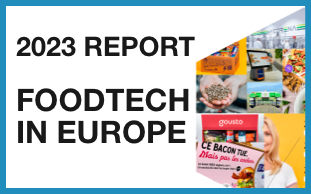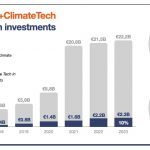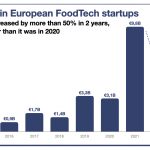INSIGHT:
Instacart, the uber for groceries (that is enabling you to order your groceries to your local supermarket with independent workers going to pick items in the shelves and then deliver to your door) was already growing fast both in terms of revenues and critiques before the crisis. Instacart’s rise is impressive. It should make $35 billion in grocery sales this year. It partners with a large number of US retailers. Some of them have even abandoned their e-commerce activities. As it was sometimes the case in some city shops, many stores have now more Instacart shoppers than clients, and that doesn’t come without its lot of issues:
- new and more complicated operations (new clients, a large number of orders, new workers, empty shelves leading shoppers to improvise on what the client would like to buy instead) lead to a surge in demand for support. Instacart has already gone from 1 to 3,000 support team members and is looking to add 15,000 new people!
- more and more shoppers (500,000 now, up from 180,000 last year) make the company more visible. After a strike in march due to tipping (the company took a percentage of the tips), there are now concerns about the safety measures taken by the company.
INSTACART IN EUROPE?
If Instacart is not present in Europe, it has not either inspired a lot of entrepreneurs. The most well-developed is Supermercato24, an Italian startup operating both in Italy and Poland (after the acquisition of its local counterpart Szopi). Compared to “normal” times, Supermercato24 has known spikes of demand ten times higher and is confronted with the same issues as Instacart.
WHY IT MATTERS?
Instacart is clearly benefiting from the crisis as more people get to use its services and have the opportunity to compare it with those made by retailers themselves. It is, however getting more and more challenged (as are the other on-demand platforms) on the conditions of work it creates
Find out more in our FOODTECH INTERRUPTED REPORT on the impact of COVID-19 on the FoodTech ecosystem







